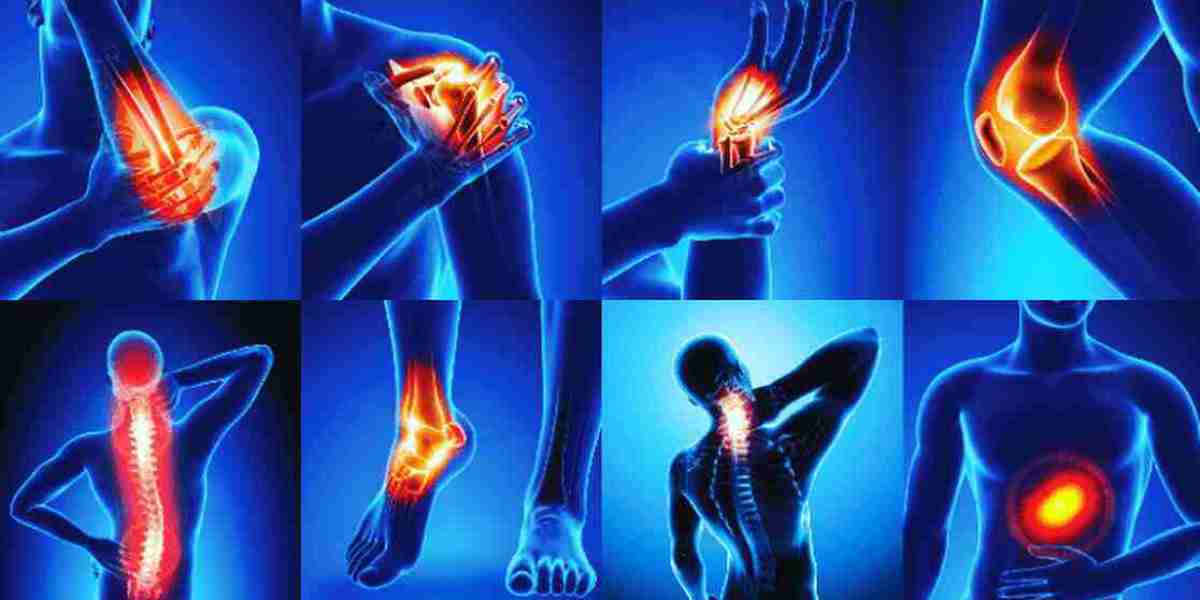What's the main focus of managing pain after surgery?
Managing pain after surgery is all about minimizing discomfort while aiding the body's natural healing process. The goal is to find a balance between effective pain relief and avoiding potential side effects for a speedier recovery.
What are the different methods used in Post-Operative Pain Management?
There are various approaches in Post-Operative Pain Management, such as using medications like opioids or NSAIDs, employing nerve blocks or epidurals. It's crucial to work closely with medical experts to create a personalized plan tailored to your specific needs.
What are the risks and potential side effects of post-operative pain treatments?
Exploring pain management options also involves understanding the potential risks. Side effects like nausea, constipation, and the risk of dependency can be present. Staying informed and discussing concerns with healthcare professionals is key to navigating this aspect of recovery.
How do you decide on the best pain management plan for yourself?
Making decisions about your pain management plan involves shared decision-making. Consulting with medical specialists, considering your medical history, and expressing your preferences are essential factors in choosing the strategy that aligns with your recovery journey.
What steps can you take to manage pain at home after surgery?
Home recovery goes beyond the hospital, and simple actions like adhering to medication schedules, engaging in safe exercise, and practicing relaxation techniques can create a peaceful environment at home, aiding in your recuperation.
How do you recognize post-operative pain and distinguish it from normal discomfort?
Understanding post-operative pain involves recognizing its nuances and differentiating between typical discomfort and concerning signs. This awareness empowers individuals to make informed decisions about their recovery.
When should you reach out to your healthcare provider during recovery?
There are specific times during the recovery process when contacting your healthcare provider is necessary. Uncontrolled pain, sudden symptom changes, or the emergence of new issues are indicators that prompt reaching out for guidance.
What are the potential long-term effects of post-operative pain?
As the recovery journey concludes, consideration shifts to the potential long-term consequences of post-operative pain. Acknowledging that pain may persist encourages a proactive approach to finding solutions for a complete return to normal life.
How does post-operative pain management contribute to empowerment?
The post-operative pain management journey is a path of empowerment. Navigating discomfort with informed decision-making, collaborating with medical experts, and being self-aware transforms the experience, bringing individuals closer to a full recovery.
How can you contribute to this post-operative pain management guide as part of a community effort?
Your opinions, experiences, insights, and questions are crucial for making this guide a valuable resource for everyone. Feel free to share it with others, as knowledge is a powerful tool, and together, we can enhance the recovery journey for individuals.
#SurgeryRecovery #PainManagement #WellnessJourney #HealthcareInsights #HealingProcess #RecoveryGuidance #EmpowerYourRecovery
For more information visit at MarketResearchFuture
Other Trending Reports






